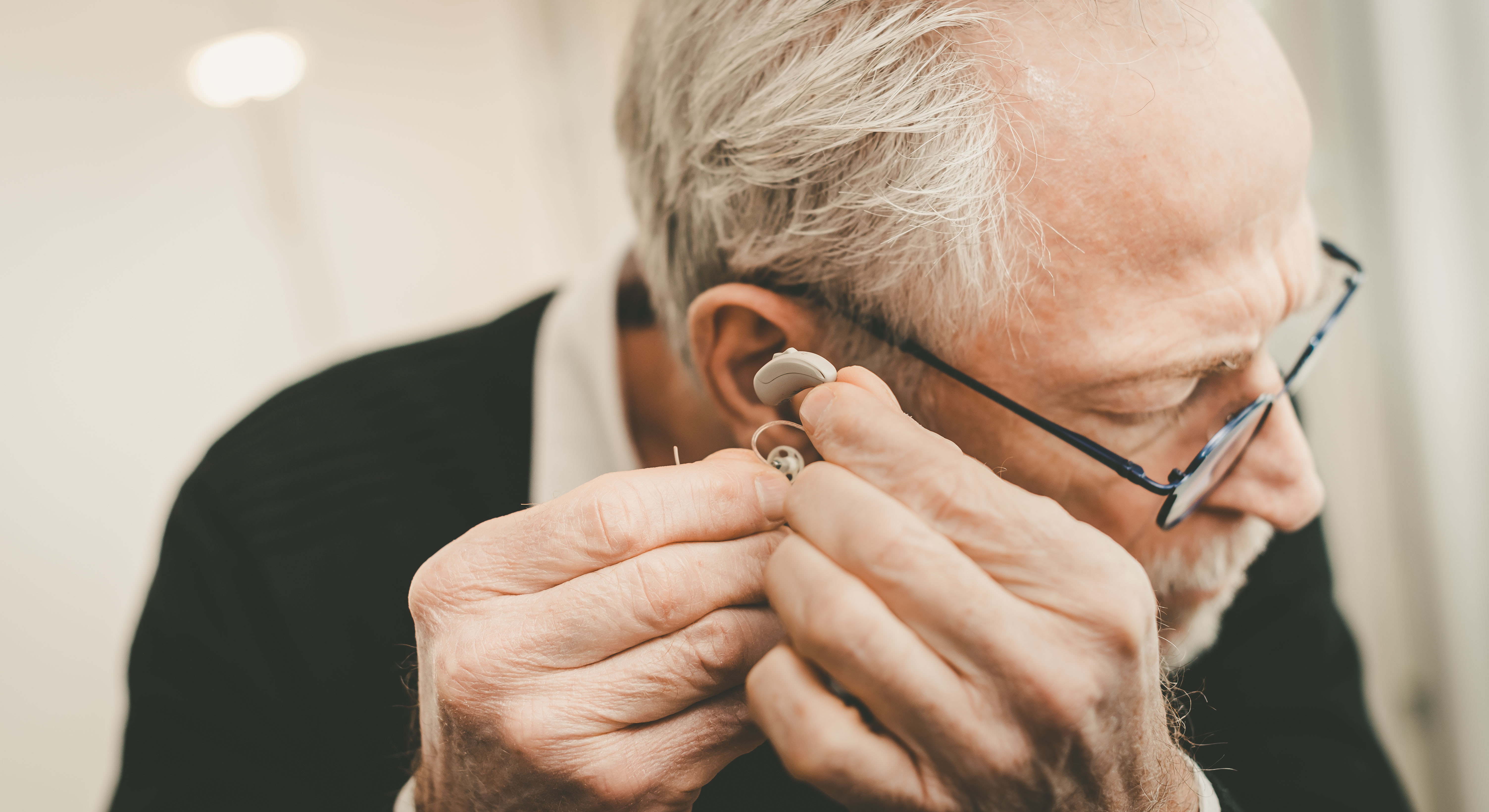Have you ever wondered how something as simple as hearing aids might safeguard your most valuable asset—your brain? At Winnwood, we’ve seen firsthand how better hearing leads to richer connections, sharper minds, and brighter spirits. Now, emerging research is proving what we've always believed: hearing care is essential to maintaining senior brain health.
The Link Between Hearing Loss and Cognitive Decline
Numerous studies have found that untreated hearing loss in older adults is linked to an increased risk of dementia. One large Danish study of more than 570,000 adults over age 50 showed that hearing impairment was associated with a 7% higher risk of dementia. Among those with more severe hearing loss who didn’t use hearing aids, the risk increased by over 20%.
Why does this happen? Experts believe three major factors are at play:
- Cognitive Overload – When you struggle to hear, your brain uses extra energy to decode sounds, leaving less capacity for memory and thinking.
- Brain Atrophy – Areas of the brain responsible for processing sound can shrink when underused.
- Social Isolation – Hearing loss often causes people to withdraw from conversations and activities, leading to loneliness, a known contributor to cognitive decline.
How Hearing Aids Can Help Protect Senior Brain Health
Thankfully, research shows that using hearing aids may help protect against this cognitive decline. The ACHIEVE study, a major clinical trial following nearly 1,000 seniors ages 70–84, found that in people already at higher risk of dementia, those using hearing aids had 48% less cognitive decline over three years compared to those who didn’t receive hearing care. The Mayo Clinic also shared similar findings, stating that for older adults at risk of cognitive decline, using hearing aids may cut that risk in half over time.
Good Hearing, A Better Life
Treating hearing loss isn’t just about improving sound, it’s about improving life. Seniors who use hearing aids often report:
- Sharper thinking and better memory
- Reduced feelings of depression and isolation
- Stronger relationships with family and friends
- A greater sense of confidence and independence
By prioritizing hearing care, seniors are better equipped to stay engaged, connected, and mentally active, which are key components of healthy aging.
Hearing Care at Winnwood: Support You Can Count On
At Winnwood, we understand how important hearing is to maintain quality of life and brain health. That’s why we go beyond basic care to help residents protect their cognitive well-being.
Here’s how we support hearing and brain health every day:
- Access to Hearing Screenings – We help residents schedule regular hearing tests and connect with audiologists for fittings and follow-ups.
- Encouraging Social Interaction – Our vibrant activity calendar and welcoming community atmosphere make it easy to stay involved and connected.
- Trained, Compassionate Staff – We’re always on the lookout for signs of hearing or cognitive challenges, and we work closely with families to offer proactive support.
In our senior living community, protecting your hearing means protecting your lifestyle, from laughter at the dinner table to spirited conversations with neighbors and family.
Your Next Step Toward Better Brain Health
If you or a loved one has noticed signs of hearing loss—like frequently asking people to repeat themselves or feeling exhausted after social events—it’s time to prioritize hearing care.
Don’t wait until hearing loss affects your memory, mood, or independence. With today’s advanced hearing aids and the right support system, you can continue enjoying every conversation, every laugh, and every connection.


-1.png)
-1.png)